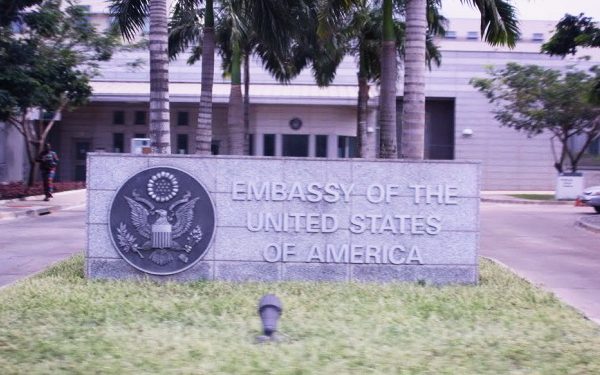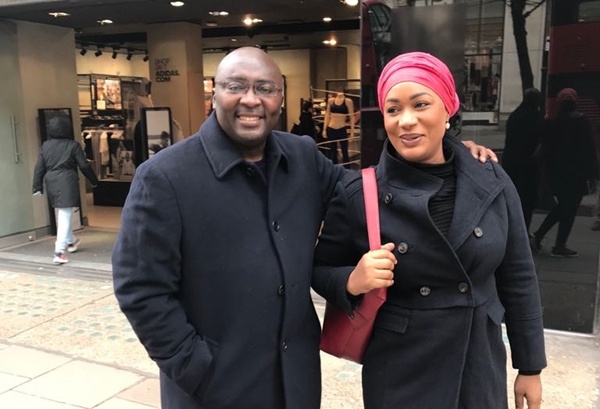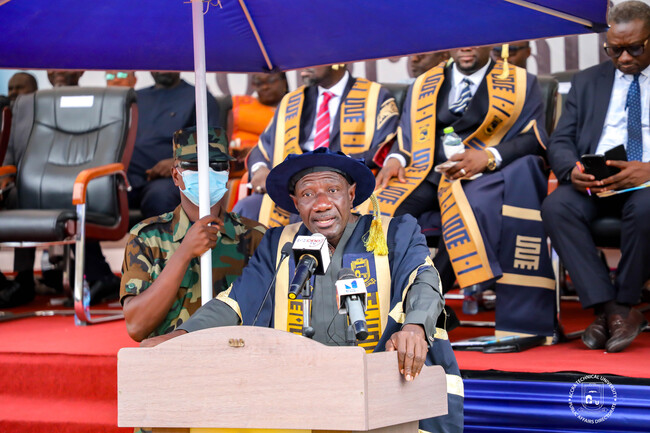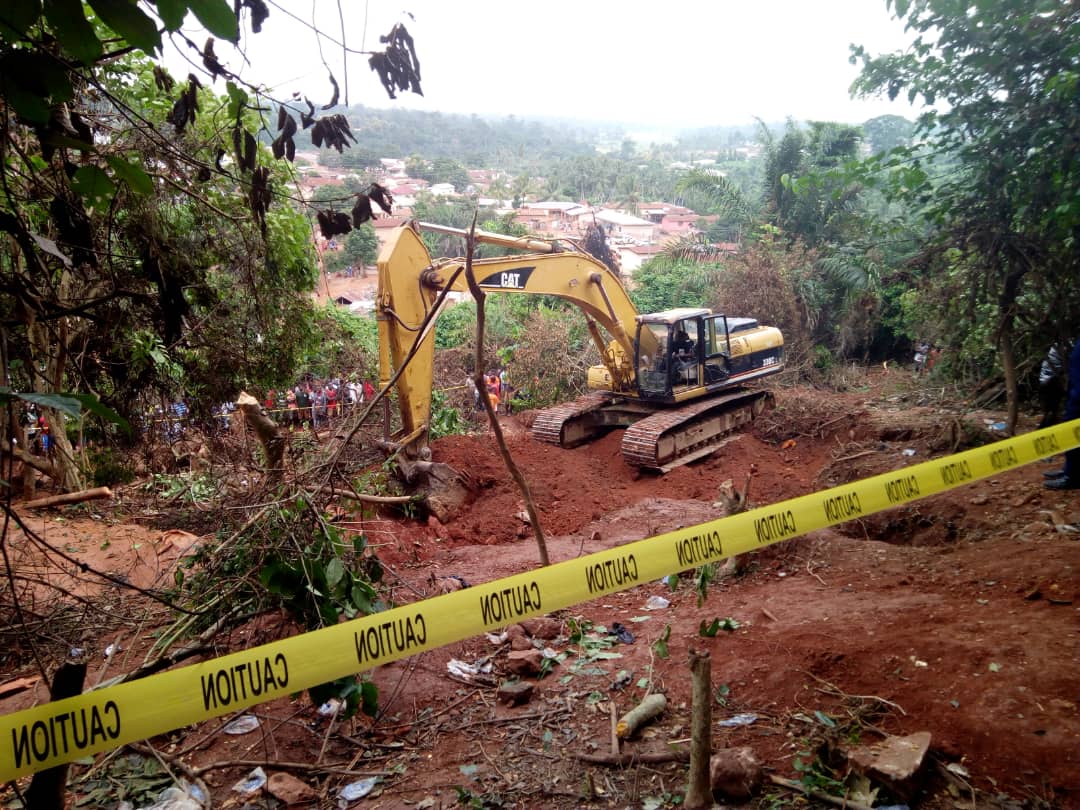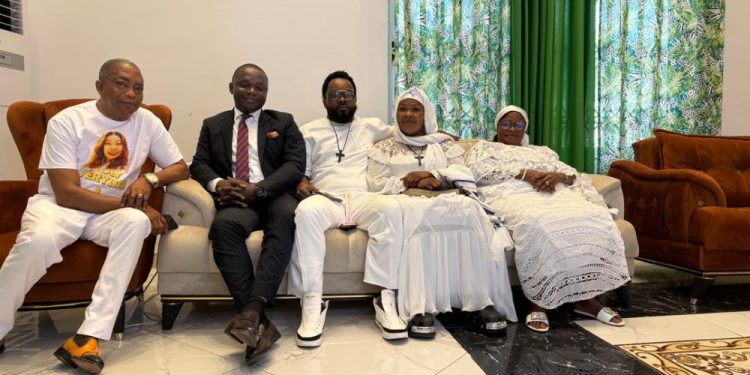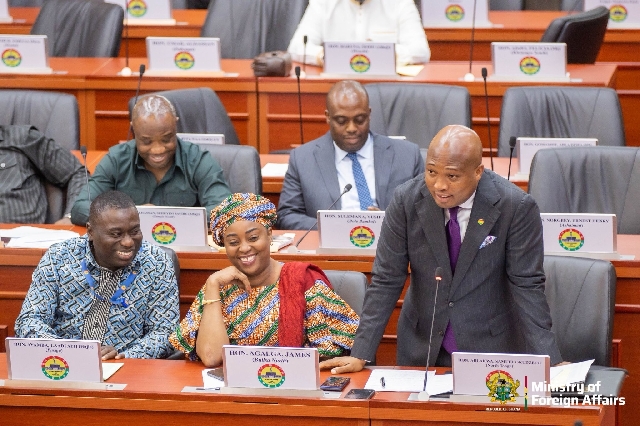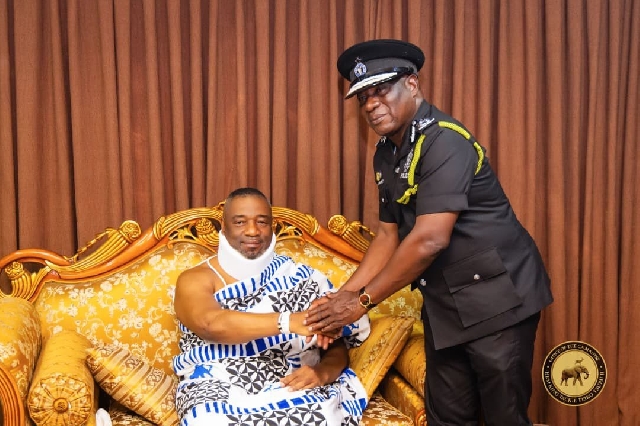BasicNeeds-Ghana, with funding from Anesvad Foundation, is currently implementing a Two (2) year project on building a civil society coalition to advocate for an integrated approach to control skin-NTDs and enhance the quality of life of vulnerable and affected people in Ghana.
The project is being implemented in seven (7) Regions namely Upper East, Northern, North-East, Savannah, Upper West and Bono Region by BasicNeeds-Ghana and her partners (Center for People’s Rights Initiatives (CPRI) in the Upper West Region, and MIHOSO International Foundation in the Bono Region), in collaboration with the Ghana Health Service. In the UER here, the project is being implemented in the Bolgatanga Municipality and Talensi District.
Background
Vulnerable groups such as women, men and youth affected by skin-Neglected Topical Diseases are often stigmatised, marginalised, and specific needs such as their health care and rights to participate in decision making in their families and communities are most often than not, relegated to the background. As a result of these practices, they are not well integrated in their families and communities which ultimately result in some of them developing mental health conditions with its life-long consequences.
Addressing Chief and people of Dazongo and surrounding communities in Sumbrungu of Bolgatanga Municipal in the Upper East Region on Saturday October 22, 2023, the Upper East Project Officer, BasicNeeds-Ghana, Bernard Azuure explained the reason why BasicNeeds-Ghana, which is a mental health and development organization, is venturing into skin-NTDs. Mr. Azure gave the reasons below:
- NTDs are diseases of public health concern.
- Secondly, NTDs and mental health are co-morbid conditions.
- Thirdly, persons with NTDs are usually stigmatized and discriminated against
- Also, it is like a scar, or describing somebody unfairly as bad that don does not deserve to be respected.
- Moreover, persons with NTDs usually face neglect from their family and community members.
- Last but not the least, people attribute these conditions to gods, curses or spirituality (which our health partners here can attest is not the case)
Mr. Further reveals that in collaboration with Ghana Health Service, this project seeks to contribute to eradicate and eliminate skin NTDs in Ghana, and reduce the disease burden of skin-NTDs on both the affected people and the health system, especially at the Primary Health Care (PHC) level.
Furthermore, the Project Officer announced that the expected outcomes of the project include, 300 health workers and community volunteers have enhanced knowledge and competences to suspect and to diagnose skin-NTDs and complications, 2,300 (1,150 females) persons with skin-NTDs have timely access to diagnosis and management of skin-NTDs, Enhanced mental health and psychosocial wellbeing for 2,300 skin-NTD affected persons, Improved family support and inclusion of skin-NTD persons in family and community activities, Enhanced incomes and productivity of beneficiary skin NTD affected persons, and Skin NTD treatment and management services meet the needs and rights of women and girls affected by skin NTDs.
As part of the project interventions an orientation/inception workshop was organized in Tamale to introduce the project to major stakeholders and solicit their support in the implementation of the project activities.
According to Mr. Azure, other activities implemented so far in the region includes Training of Ghana Health Staff and volunteers on skin NTDs, Community consultation meetings at Dazongo and Datuko in the Bolga Mun. and Talensi District respectively, Media-based awareness creation and advocacy on skin NTDs, and Community awareness durbars
“Our immediate next step will be to establish Self-Help Groups (SHGs) of persons with skin NTDS within the Bolgatanga Municipality and Talensi District. These groups will be strengthened and empowered to spearhead their own affairs and self-advocate against all forms of abuses, discrimination and stigmatization against their members”.
“This durbar is one of two (2) durbars which we will be organizing in the UER with the objective of creating awareness of the general public on skin NTDS and addressing public misconceptions as a socio-cultural barrier to the vulnerable in society especially persons with skin NTDs”.
Mr. Azure thanked GHS, and the people of Dazongo and surrounding communities for permitting them to hold the durbar.
“I will also wish to thank all the stakeholders who have accepted our invitation and are here present to grace this occasion. I will not forget to extend my heartfelt thanks and appreciation to all the Municipal Health Director and his staff, especially staff and volunteers of Dazongo CHPS without whose efforts this durbar wouldn’t have taken place”.
During a media engagement, Madam Mauricia Ababu, a sub-district Leader of the Ghana Health Service in Sumbrungu West, discussed the prevalence of Elephantiasis in the Dazongo area. She highlighted the collaborative efforts between the Health Service and the Municipal Health Directorate in organizing treatment supporters for affected individuals. These supporters assist in managing the symptoms.
Madam Ababu further addressed the media about the prevalence of Elephantiasis in the Dazongo area. She emphasized the successful partnership between the Health Service and the Municipal Health Directorate in providing treatment supporters for affected individuals. These supporters play a crucial role in helping manage the symptoms of the disease.
Additionally, she mentioned that selected individuals and their treatment supporters were trained at the Municipal Health Directorate, where they were educated about the causes of the disease and where to seek assistance when affected. Mr. Emmanuel Konlan, also noted that the disease is primarily found in rural areas where prominent individuals are less.
He stressed that influential individuals tend to overlook health issues that do not personally affect them, such as Elephantiasis, Leprosy, and other skin diseases. “These diseases primarily affect marginalized individuals living in impoverished and remote areas who lack a platform to advocate for support”.
In Sumbrungu, a survey indicates that more than 200 people, mostly women, are affected by Elephantiasis. Mr. Kolan emphasizes the importance of not neglecting or stigmatizing those who are affected and urges community members to show support and understanding.
Meanwhile, Naba Akurugu Akadaana, Kulbia chief who present at the durbar expressed gratitude to BasicNeeds-Ghana for their kind intervention especially in making sure communities within the Sumbrungu area are well educated about skin NTDs and taken care off.
He assured the BasicNeeds-Ghana his support and cooperation which will enable them go through a successful project in his community.
He further advised members of the community present at the durbar to always accommodate persons affected with skin NTDs rather than stigmatizing them which might end up resulting in serious mental health issue.
Source: Apexnewsgh.com/Ghana
For publication please kindly contact us on 0256336062 or Email apexnewsgh@gmail.com

